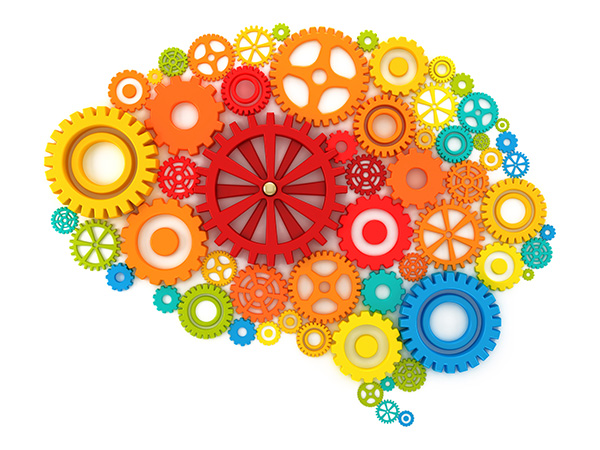When someone has a stroke, the world can feel like it’s turned upside down. One minute everything is familiar, and the next, routines, conversations, and even personalities may change. It’s a disorienting experience, not just for the person who had the stroke, but for those who care for them after a stroke, too.
You might find yourself wondering what’s going on inside their mind. Why do they suddenly forget things they’ve always remembered? Why do they say things that don’t quite make sense or seem unaware of the risks around them? These changes can be frustrating, emotional, and at times, heartbreaking. But there’s often a reason—and it usually starts in the brain.
The Brain and Stroke: What Happens
A stroke blocks blood flow to part of the brain, cutting off oxygen and causing damage. That damage can affect how a person moves, speaks, thinks, and behaves. The specific symptoms depend on which area of the brain was impacted.
Understanding these patterns can help you respond more calmly and supportively, especially when your loved one’s actions or abilities feel unpredictable.
Right Side Brain Damage
When a stroke affects the right hemisphere of the brain, it impacts the left side of the body and areas related to perception and awareness. Some common effects include:
- Problems judging distances or depth, which can lead to falls or accidents
- A lack of awareness about limitations, which may cause unsafe decisions
- Short-term memory loss that leads to repeated questions or forgotten conversations
Often, people recovering from right-brain strokes appear more impulsive or unaware of their surroundings than they used to be.
Left Side Brain Damage
The left hemisphere manages language, logic, and movement on the right side of the body. A stroke here may result in:
- Speech difficulties—trouble forming words, speaking clearly, or understanding language
- Hesitant, slow movements and decision-making
- Memory issues, especially when learning something new or remembering instructions
A structured, quiet environment with gentle reinforcement can be reassuring during recovery.
Other Areas of the Brain
Strokes in less common areas—like the brain stem or cerebellum—can have more complex effects. These regions are responsible for balance, coordination, and basic functions like breathing and heart rate. Damage here may cause severe mobility issues, coordination problems, or in rare cases, full-body paralysis with preserved awareness.
Supporting the Recovery Journey
Stroke recovery isn’t just physical—it’s emotional, too. It may involve helping someone rediscover how to manage daily tasks, communicate more clearly, or feel safe in their own home again. Progress takes time, and setbacks are normal, but each small step forward matters.
For families, knowing what to expect can make all the difference. It helps transform confusion into compassion and stress into problem-solving.
At Compassionate Care Home Health Services, we provide in-home stroke recovery support in Saginaw, Alpena, West Branch, and throughout Northern and Central Michigan. Call us at 877.308.1212 to schedule a free consultation and explore how our care services can make each day a little easier.

